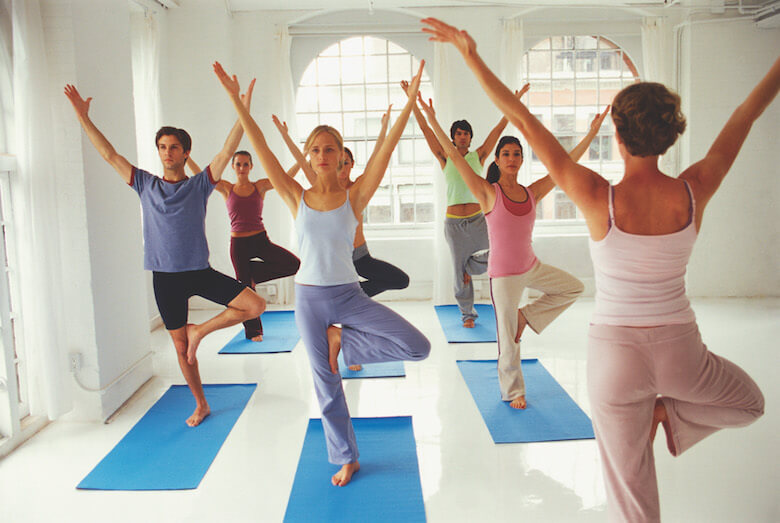Do you ever feel drained of energy and sluggish after your yoga practice? Maybe your mind is even more racy than before? Or you’ve already been doing yoga for a long time and still can’t get that damn stress under control?
Whenever people ask me why yoga “doesn’t seem to work” for them, my question is: “So what kind of yoga do you practice?” And 99,9% of the time it turns out it is not the type of yoga they should personally do in order to find optimal health and balance of body, mind and soul.
The yoga you currently practice might not be your best fit
When I first started practicing yoga, I was drawn to very dynamic styles such as Vinyasa and Ashtanga Yoga. I loved the rush of energy I got during the practice and the fact that I was “breaking a sweat”. But those kinds of practices always left me tired instead of energetic, sometimes even anxious instead of calm and happy. Wasn’t yoga meant to have the opposite effect?
As I learned more about Ayurveda – the ancient science of keeping the body and mind balanced, which is strongly connected to yoga – and especially throughout my teacher training I slowly realised that there is no “one-size-fits-all” in yoga. The practice that serves you the most depends on many different factors: Your constitution (or “dosha” in Ayurveda – more on that on the blog soon), your lifestyle, the climate you live in, personal stressors and health issues.
For me personally, grounding, calming yoga (Hatha, Yin and Restorative Yoga) is suited best as the foundation of my practice with a few more dynamic sessions thrown in between. Why? Because I already have a racy mind, can get stressed easily and have a light sleep. All these symptoms were only aggravated by the type of yoga I was practicing.
Finding balance through personalized yoga
Interestingly, yoga for adults was originally not intended as a group class, but as individual lessons. Sri T. Krishnamacharya, often called the father of modern yoga, said: “Teach what is appropriate for an individual.” By focusing on the specific needs of the student it is possible to create a practice that brings someone back into balance, to greater health and that strengthens the connection between mind, body and spirit.
Another benefit of a personalized yoga practice – especially for beginners – is the fact that the teacher can focus on adjusting the student in each and every pose. This way, injuries through misalignment can be prevented and the student internalizes the “correct” and safe way of practicing yoga right from the start.
So what does that mean for us? Do we all have to look for a private yoga teacher?
Yes and no.
If you feel feel rejuvenated, calm and less stressed after yoga, then that’s awesome! Keep on doing what you’re doing. But if you’re wondering why yoga just doesn’t seem to work for you or if you’re new to yoga and don’t know where to start – well, then it might be time to seek some guidance.
Yoga is beneficial for everyone – it just has to be the right practice for each individual.


